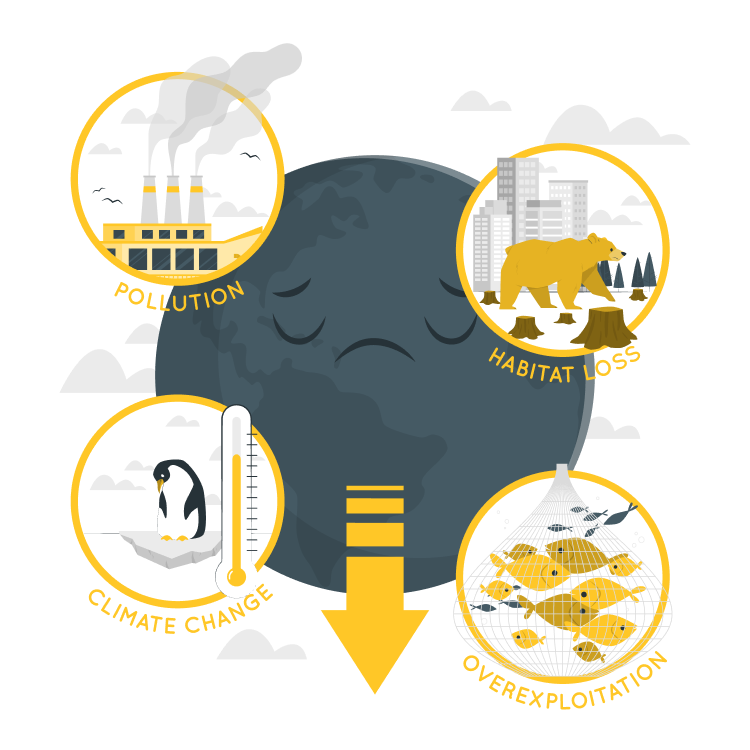
European Union Deforestation Regulation (EU 2023/1115)
The European Union Deforestation Regulation (EUDR) aims to reduce deforestation and damage to forests related to important agricultural and forestry products. It applies to any company placing specific products—such as soy, beef, palm oil, timber, cocoa, coffee, and rubber—on the EU market or exporting them from it. EUDR affects both EU-based and non-EU businesses that deal in relevant products and their derivatives.
To ensure an effective transition of the EU Timber Regulation (EUTR) to the EU Deforestation Regulation (EUDR), timber products harvested before June 29, 2023, will remain subject to the EUTR until the end of December 2027.
The regulation requires companies to ensure their products are:
 Deforestation-free
Deforestation-free Legally produced
Legally produced Fully traceable to the plot of origin
Fully traceable to the plot of origin

When does EUDR apply
2023

EUDR Comes into force
2024

The EU parliament approves the
postponement of EUDR for
12 months
2025

Commission to finalize the
country Banchmarking
system
2025

Large Operators and Traders
to comply with EUDR
2025

Micro and small
Enterprises to comply
with EDUR
Objectives of the EUDR Regulation
The primary objective of EUDR is to:
- Prevent the import and export of products linked to deforestation or forest degradation occurring after December 31, 2020.
- Reduce Greenhouse Gas Emissions
- Promote sustainable consumption and production.
- Strengthen supply chain transparency and traceability.


Impact of Non-Compliance
Failure to comply with EUDR can lead to serious regulatory and business consequences:
- Fines of up to 4% of annual EU turnover
- Seizure or destruction of non-compliant goods
- Suspension or prohibition from the EU market
- Reputational damage and loss of customer trust
- Increased scrutiny from NGOs, media, and consumers
Key Challenges
Complying with EUDR involves several operational and logistical challenges
Obtaining geolocation data for all production plots
Proving deforestation-free status using reliable evidence (e.g., satellite data)
Ensuring legal production in line with local and international laws
Mapping and documenting the full supply chain, often across multiple tiers
Engaging suppliers who may be unfamiliar with EUDR requirements
Implementing due diligence systems within tight timelines (December 30, 2025, for Larger Enterprises and June 30, 2026, for Micro and Small Enterprises)
Our Services and Solutions
At APA Engineering, we provide comprehensive, customizable solutions to help your organization stay EUDR compliant.
Gap Assessment & Compliance Roadmap
- Review current systems and identify gaps against EUDR standards
- Develop a clear, actionable roadmap toward full compliance
Supply Chain Traceability & Geolocation Mapping
- Assist in collecting accurate geolocation coordinates
- Map origin plots for commodities using GIS tools and satellite imagery
- Create full traceability from source to final product
Due Diligence Statement (DDS) Support
- Prepare and validate the required DDS for submission via the EU’s centralized portal
- Ensure documentation includes all legal, traceability, and deforestation-free requirements
Risk Assessment & Mitigation
- Classify supply chains based on country and commodity risk profiles
- Suggest suitable risk reduction strategies, such as performing audits or obtaining certifications.
Supplier Engagement & Training
- Educate suppliers on EUDR data requirements
- Provide templates and training materials to improve data accuracy and participation
Digital Compliance Tools
- Implement or integrate traceability software that aligns with EUDR data models
- Offer deforestation monitoring and alerts
Audit & Documentation Readiness
- Organize compliance documentation for inspection or audits by EU competent authorities
- Provide ongoing support for post-submission queries or corrective actions
Your Compliance Partner
With regulatory deadlines approaching fast, our expert team can help you stay ahead of EUDR with:
- Industry-leading regulatory knowledge
- Proven tools and geospatial mapping support
- Flexible engagement models for enterprises of all sizes








